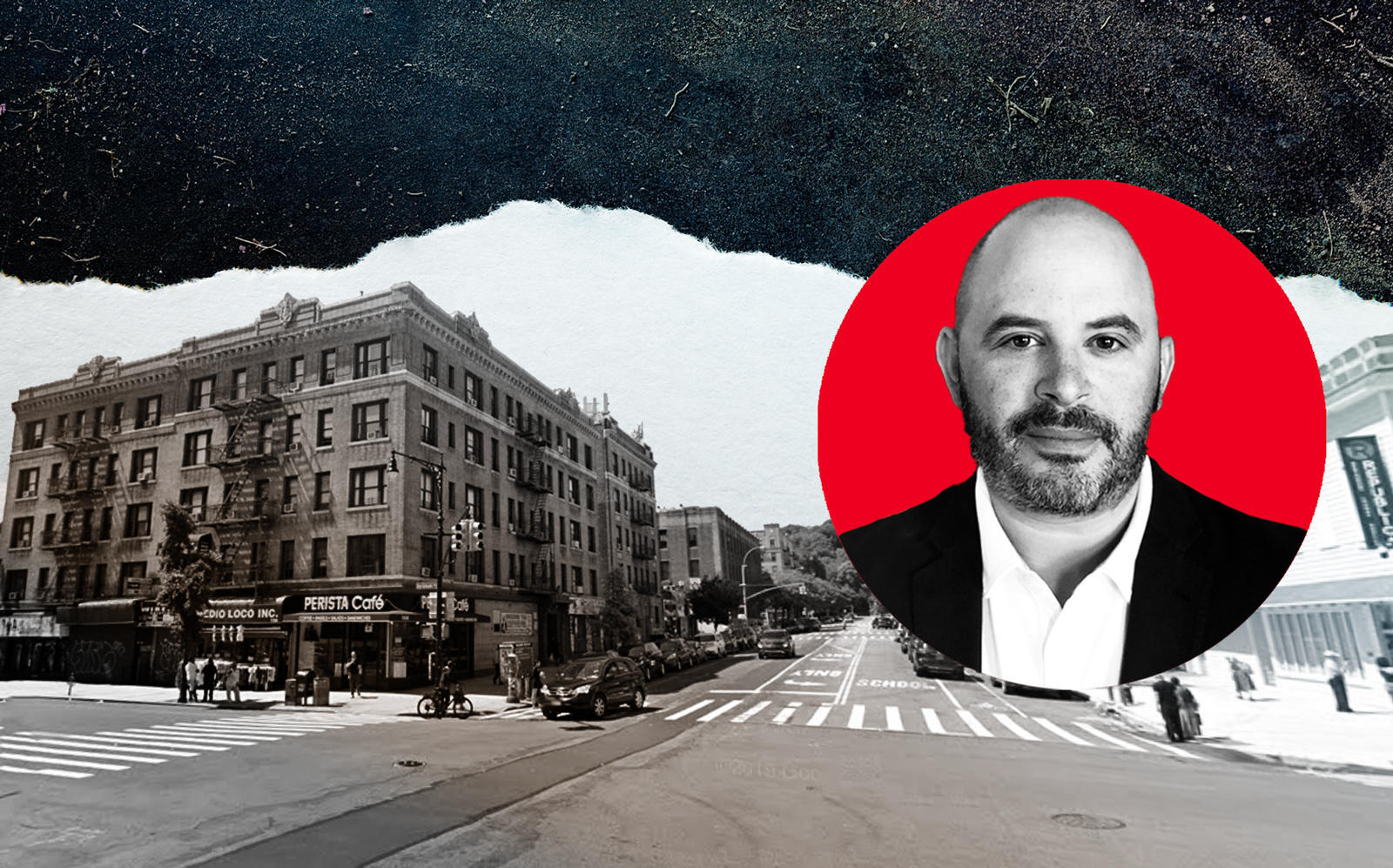Trending
Inwood developers outlasted lawsuit, but damage is done
After two years of delay, builders face recession, city budget crunch

A lawsuit’s demise secured Inwood’s rezoning this week, but the litigation may have done lasting damage to some projects.
The state’s highest court on Monday rejected a bid to appeal a lower court’s reinstatement of the rezoning, paving the way for the creation and preservation of 5,000 affordable housing units.
When the City Council approved zoning in 2018 to encourage housing construction, the economy was humming and the city’s coffers were overflowing. Now developers and housing-finance agencies must grapple with severe financial constraints brought on by the pandemic.
“These types of challenges effectively double the amount of time that it takes to get a discretionary approval,” said Jim Power, a partner at real estate law firm Kramer Levin. “It is a starkly different economic and real estate climate than it was two years ago when this rezoning was approved.”
Before a five-judge panel voted unanimously in July to reinstate the rezoning, Joy Construction’s Eli Weiss and Maddd Equities — facing protracted litigation and an uncertain outcome — were prepared to scrap plans to build 611 apartments at 3875 Ninth Avenue and instead do an industrial project.
The developers are now moving forward with the housing project, but the timeline will depend on when the cash-strapped city provides financing.
Weiss said public subsidies for projects like the Ninth Avenue development typically range from $125,000 to $175,000 per unit. Though the de Blasio administration has restored much of the Department of Housing Preservation and Development’s capital budget, the city’s resources remain limited.
“Now we’re going to need the city to stand behind its commitment to Inwood,” Weiss said.
HPD indicated that it is “committed to moving forward as soon as possible.”
“With restored capital, we’ve been working closely with our development partners on the timing of financing for all the critical projects in our pipeline, and to continue delivering on the placemaking investments and affordable housing that New Yorkers need,” Jeremy House, a spokesperson for HPD, said in a statement.
Taconic Partners’ Charles Bendit said construction on his company’s 725-unit affordable housing project at 410 207th Street likely would have started a year ago had the rezoning not been challenged.
“Now we’re putting together the pieces again,” he said. “We’re going to look at alternative financing packages.”
In the past year, a few lawsuits have followed a trajectory similar to that of the Inwood challenge. A state judge sided with opponents of three projects in Two Bridges, but his decision was reversed by an appellate court. Another state judge ruled Mitsui Fudosan and SJP Properties had built as many as 20 more floors at 200 Amsterdam Avenue than the city should have allowed. The developers and de Blasio administration are awaiting the results of their appeal, which was heard last week.
Developers are anticipating a rezoning of Gowanus next year that could add 8,000 apartments to what was once a heavily industrial area. Opponents would likely challenge that result as well, but the failure of the Inwood lawsuit figures to diminish their chances.
Though the Inwood plaintiffs, a coalition called Northern Manhattan is Not for Sale, has exhausted its legal options, it pledged Monday to keep fighting the city’s “racist housing and land use policies, and advocate for racial justice in housing policy.” The group indicated that it is working on a federal fair-housing lawsuit against the city.




